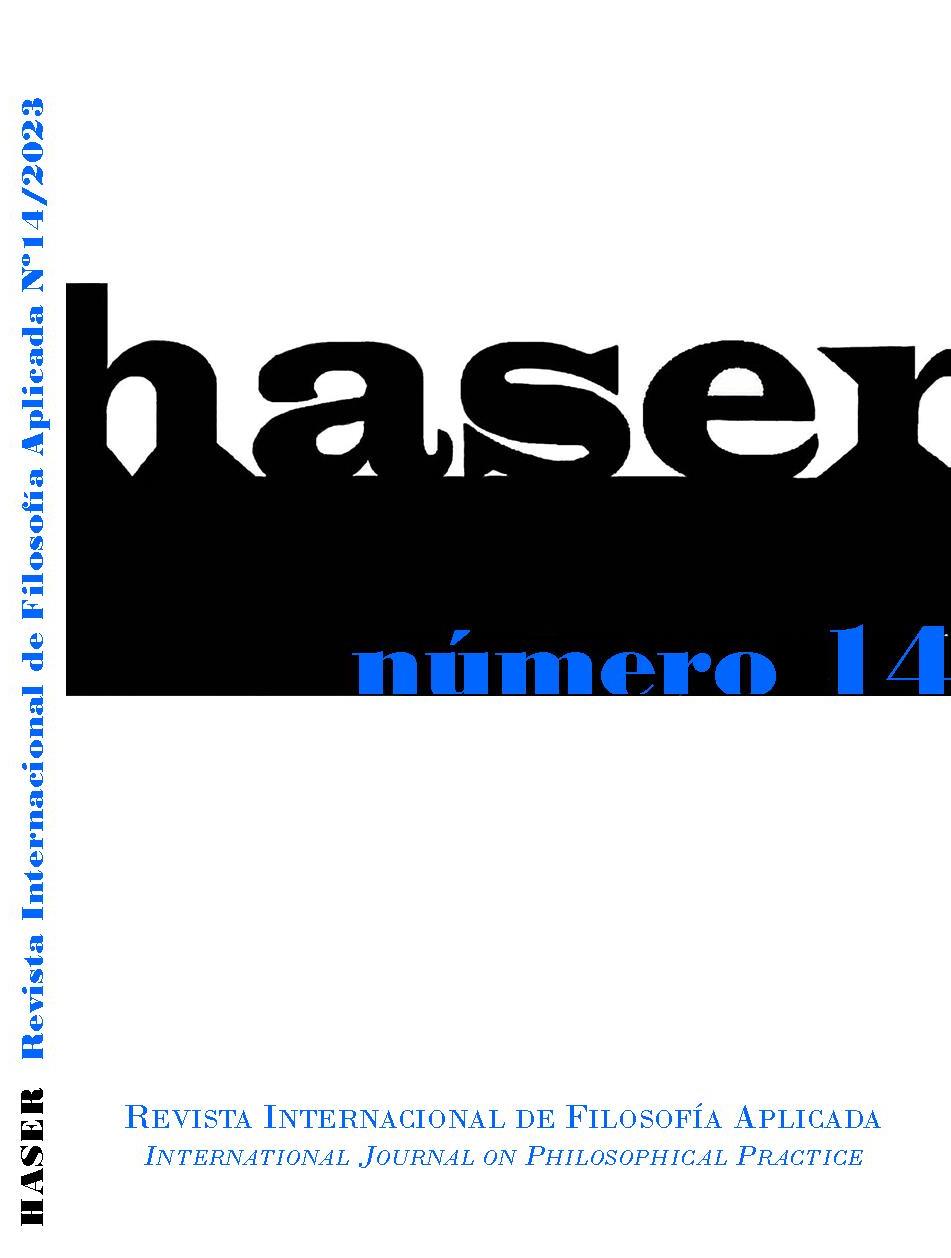Philosophical Practice During the Pandemic: Dancing in the Noosphere
Abstract
This essay reflects on widespread non-medical problems posed by the pandemic, especially its intensification of the transplanting of human consciousness into virtual domains. Resuscitating Teilhard de Chardin's 1922 conception of the noosphere—”the thinking envelope of earth”—we illustrate how the digital tradition that Chardin anticipated emerged from the oral, written and visual traditions preceding it. We identify some perceptual defects of the noosphere, in terms of their deleterious effects on cognition and socialization. We also assess some epistemic and political difficulties that ensue from attempts to control the “power source” of the noosphere, namely consciousness itself. Finally, we cite brief examples from Indian philosophy, Greek mythology, Victorian literature, Kabbalistic lore, and cosmo-biological speculation, all of which offer explanatory frameworks for interpreting the pandemic. Implicitly and explicitly, this address calls philosophical practitioners to action, as both COVID-19 and its accelerated population of the noosphere raise a plethora of non-medical yet vital human concerns. Philosophical counselors are positioned to help humanity re-conceive and therefore reinvent itself, in constructive pathways, during these trying times. And to that end, we need to adapt our philosophical practices to the noosphere as well; for it, like philosophy herself, is a product of rational consciousness.
Downloads
Downloads
Published
How to Cite
Issue
Section
License
Los autores/as que publiquen en esta revista aceptan las siguientes condiciones:
1. Los autores/as conservan los derechos de autor y ceden a la revista el derecho de la primera publicación, con el trabajo registrado con la licencia de atribución de Creative Commons, que permite a terceros utilizar lo publicado siempre que mencionen la autoría del trabajo y a la primera publicación en esta revista.
2. Los autores/as pueden realizar otros acuerdos contractuales independientes y adicionales para la distribución no exclusiva de la versión del artículo publicado en esta revista (p. ej., incluirlo en un repositorio institucional o publicarlo en un libro) siempre que indiquen claramente que el trabajo se publicó por primera vez en esta revista.
3. Se permite y recomienda a los autores/as a publicar su trabajo en Internet (por ejemplo en páginas institucionales o personales) antes y durante el proceso de revisión y publicación, ya que puede conducir a intercambios productivos y a una mayor y más rápida difusión del trabajo publicado (vea The Effect of Open Access).


